However, you might want to reduce the intensity, frequency, or duration of your workout if, after a ride, your legs start to feel weak.
Tight Muscles
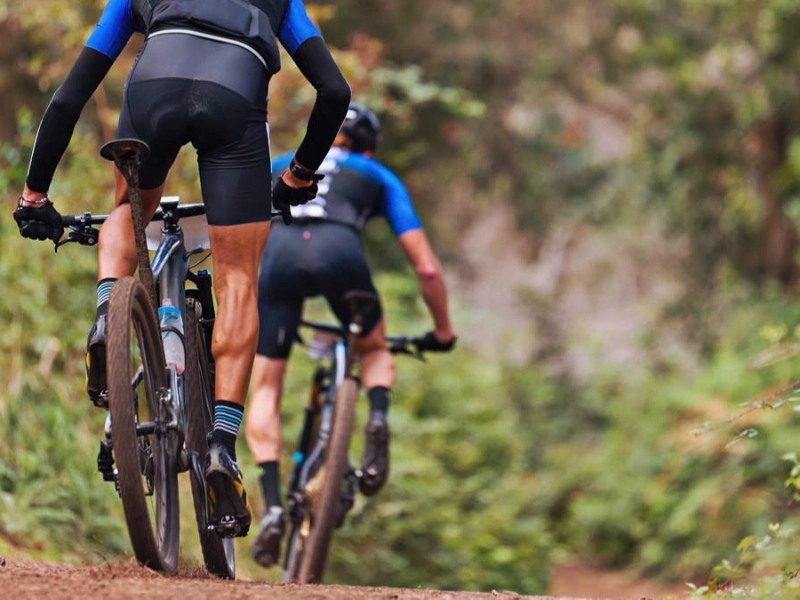
Cycling requires the quadriceps muscle because it provides force for the pedal stroke. The repeated nature of cycling often leads to overdevelopment of this muscle. One leg muscle group overdeveloping more than the other can cause imbalances and pain.
Hundreds of tiny fibers make up each muscle in the body. Some of the fibers in a muscle can tear due to strain or misuse, and scar tissue can subsequently grow to heal the damage. The scar tissue lacks the elastic qualities of muscle fibers, making it challenging for the muscle to stretch following a decrease in length.
Since tight muscles can also affect the joints they cross, they can restrict movement. Muscular weakness is a lack of strength, whereas muscular stiffness is the sensation that a muscle is tight. You can receive the necessary evaluation and care from a physical therapist to regain your muscle flexibility. You can get a free assessment by getting in touch with us. Deep tissue massages, muscular stimulation, and stretching are the most popular forms of treatment.
Poor Position

Riding a bicycle is a terrific way to build strength in your lower body and cardiovascular endurance. It can, however, also overstretch some muscle groups and lead to imbalances. This is the point at which one muscle group develops greater strength or elasticity than its complementary or synergistic muscle group. Injuries, improper movement patterns, and bad posture can all arise from this imbalance.
This may apply to someone who is new to cycling or to someone who switched from another activity, like jogging. There are numerous unique muscle groups you need to build for your cycling discipline, and running muscles and fitness do not transition straight to cycling fitness.
The soleus and gastrocnemius muscles in your legs aid in the movement of force from your feet to the pedals. After riding, you may feel as though your legs are weak because of tense or weak calf muscles. Stretching and foam rolling in these regions can help relieve this problem. One effective exercise for strengthening the calf is the lunge.
Overworked
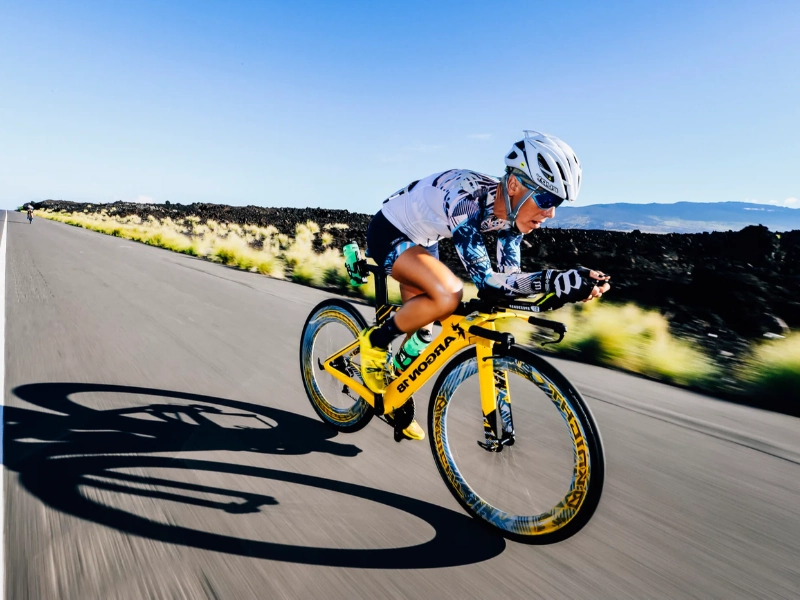
If you consistently feel weak after riding, it can indicate that you are exercising too much and aren't getting enough rest. Interval rest enables muscles, particularly the lower limbs, to fully recuperate and mend microscopic injuries sustained during vigorous exercise.
Appropriate recuperation not only helps avoid injury but also prevents muscle fatigue. Your legs' muscles will get stronger and more resilient to wear and tear if you incorporate strength training sessions.
It's imperative to prioritize maintaining a nutritious diet. Your body gets the nutrients it needs from a well-balanced diet to function and heal. Insufficient food intake may be the cause of overtraining. You can prevent overtraining by eating a diet high in whole grains, fresh produce, lean meat, and healthy fats.
Advertisement
Recommended Reading: What Else Makes a Bike Important?
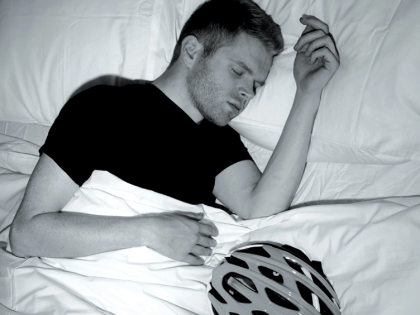
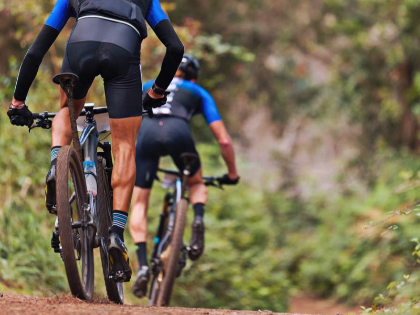
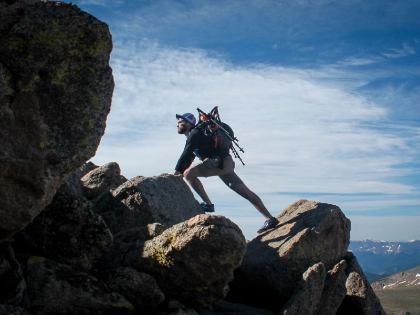
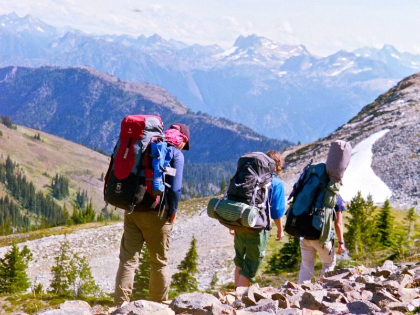

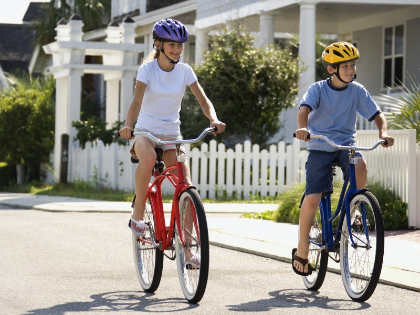

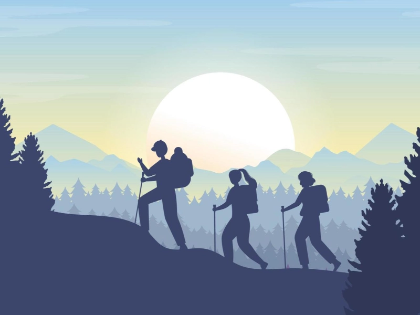

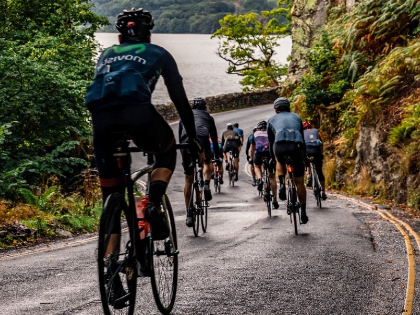
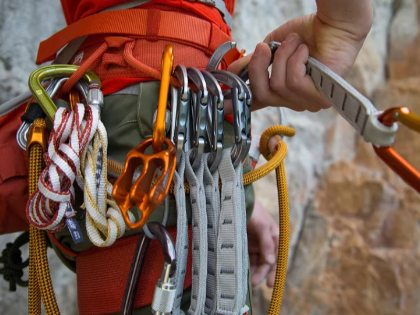






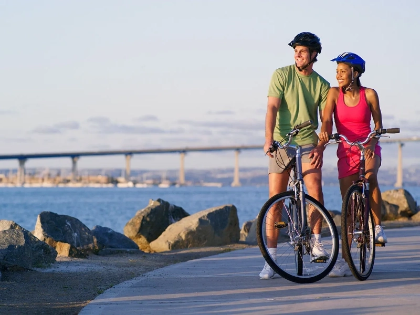




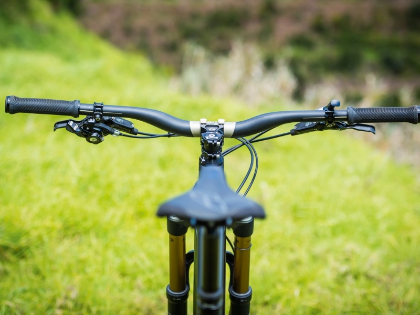
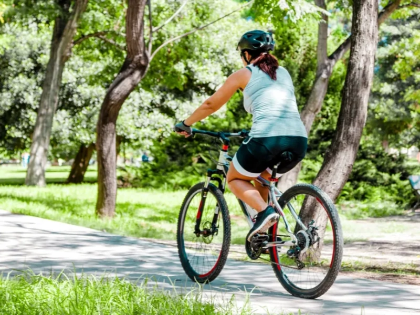


Comments
Leave a Comment
Your email address will not be published. Required fields are marked *